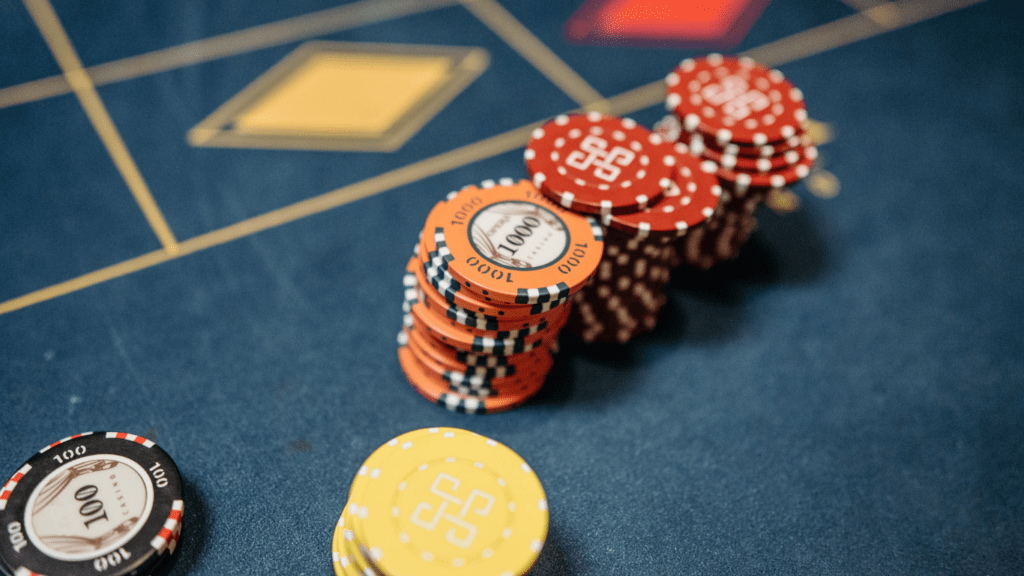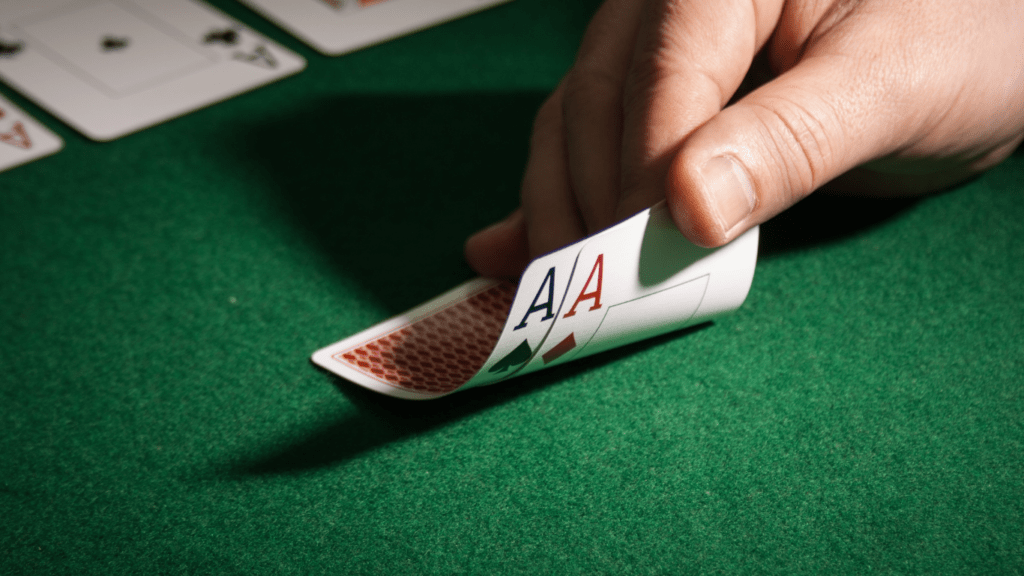Understanding Luck and Risk-Taking
Luck and risk-taking are central to the psychology of gambling decisions. Luck, often perceived as an uncontrollable force, can significantly impact an individual’s decision-making process. Some studies, like those from the Journal of Gambling Studies, show people often attribute wins to skill and losses to bad luck, creating a cognitive bias. This bias fosters a belief system where gamblers feel capable of influencing random outcomes through rituals or superstitions.
Risk-taking involves a calculated decision where the potential reward outweighs perceived dangers. The brain’s reward system releases dopamine during risky activities, making the experience thrilling and reinforcing the behavior. Individuals vary in their risk tolerance, influenced by personality traits and past experiences. For example, sensation seekers are more likely to take substantial risks, driven by the need for excitement and novelty.
Understanding these components helps decipher why gamblers might pursue losses despite the odds. Both luck and risk-taking contribute to an intricate psychological framework that underpins gambling behavior. These elements intertwine, often blurring rational judgment and propelling the gambler towards unpredictable outcomes. By recognizing these patterns, we gain insight into the compelling allure of gambling and the psychological forces at play.
The Psychology of Gambling
Understanding the psychology of gambling reveals how cognitive and emotional factors shape decisions. Gamblers’ minds are influenced by distinct mental processes that affect each wager placed.
Cognitive Biases
Cognitive biases significantly impact gambling decisions. Common among these biases is the Gambler’s Fallacy—the belief that future probabilities are altered by past events. For instance, someone bets on red after a series of black outcomes in roulette, expecting a red win due to perceived patterns. The Illusion of Control also plays a role, leading individuals to think they have influence over outcomes that are, in fact, random. Many gamblers perform rituals, believing they can sway luck. These mental shortcuts distort analysis of risk and reward, prompting decisions that defy logic.
Emotional Influences
- Emotions drive many gambling behaviors.
- The thrill of risk activates the brain’s reward system, releasing dopamine and creating a pleasurable sensation.
- This chemical reaction reinforces continued play, especially after wins.
- Conversely, the emotional response to losses can lead to chasing losses—placing subsequent bets to recover previous losses.
- Stress, excitement, or even boredom can initiate gambling, with emotions sometimes overpowering rational thinking.
- This heightened emotional state clouds judgment, blinding players to the true risks involved.
Factors Influencing Gambling Decisions

Several elements shape why individuals choose to gamble. Exploring these factors reveals the complex psychology behind gambling decisions.
Personal Beliefs
Personal beliefs significantly impact gambling choices. Many gamblers possess a strong belief in luck or fate, driving their decisions. Superstitions and rituals often play a major role, as individuals think they can influence outcomes through personal practices. Cognitive biases, like the illusion of control, further reinforce these beliefs, making gamblers feel empowered to alter the randomness of results. Studies suggest that this perceived control contributes to prolonged gambling activities.
Social and Economic Factors
The social environment and economic conditions profoundly affect gambling behavior. Social influences, such as:
- peer pressure
- social acceptance
can encourage participation in gambling. Exposure to gambling activities through family or friends often normalizes the behavior. Economic factors, including financial stress or the hope of monetary gain, also drive gambling decisions. In financially strained conditions, individuals may view gambling as a potential solution, despite the inherent risks, further complicating decision-making processes.
The Role of Luck in Gambling
Luck often drives gambling, shaping how bettors approach their wagers and perceive outcomes as intertwined with fortune.
Perception of Luck
Gamblers typically view luck as an external, unpredictable force influencing the results of their games. Many believe luck follows a cyclic pattern, with streaks of good or bad fortune—often compared to tides—leading players to chase winning or avoid losing streaks. Superstitions, like carrying lucky charms or performing specific rituals, reinforce these beliefs. Despite the randomness, these perceptions instill a false sense of control, impacting gamblers’ confidence in winning future bets.
Impact on Decision-Making
Luck significantly influences gambling decisions. When players attribute wins to luck, they might continue wagering under the belief of a lucky streak. Conversely, perceiving losses as bad luck without recognizing skill limitations can cause irrational betting behaviors, like chasing losses. Cognitive biases, such as the Illusion of Control, distort reality, leading bettors to assume a higher level of influence over outcomes than exists. Ultimately, these factors blur rational judgment, blending luck and decision-making into a complex psychological dance.



 Gambling Research Specialist for Key Gamble Lucky, Joel specializes in covering the latest gambling trends, developing effective casino strategies, and providing expert betting insights. With a deep passion for the gambling industry and a sharp eye for detailed analysis, Joel crafts informative and well-researched articles that help readers understand complex concepts, improve their skills, and make smarter, more informed betting decisions. By staying on top of industry shifts and emerging patterns, Joel ensures that readers are equipped with the knowledge they need to navigate the gambling world confidently.
Gambling Research Specialist for Key Gamble Lucky, Joel specializes in covering the latest gambling trends, developing effective casino strategies, and providing expert betting insights. With a deep passion for the gambling industry and a sharp eye for detailed analysis, Joel crafts informative and well-researched articles that help readers understand complex concepts, improve their skills, and make smarter, more informed betting decisions. By staying on top of industry shifts and emerging patterns, Joel ensures that readers are equipped with the knowledge they need to navigate the gambling world confidently.